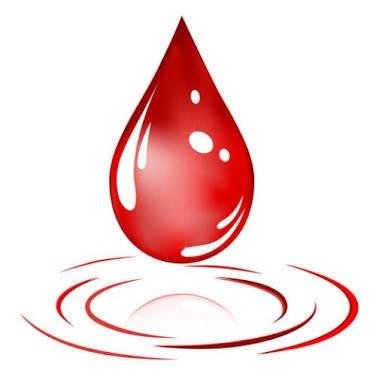IS DONATING BLOOD USEFUL.

We all know giving blood provides an essential lifeline to those in need, but a growing body of research demonstrates that it could have health benefits for the donor too.
Findings have shown that donating blood reduces the risk of heart attacks and even cancer.
It even burns 650 calories for every pint given.
The news could come as welcome boost to British blood banks which use an average of 7,000 units of blood every day.
It is thought that the benefits arise from lowering high iron levels.
Iron affects how thick and sticky the texture of the blood is. High iron levels causes the blood to be thicker.
Raised iron levels also accelerate the oxidisation process of cholesterol.
This can affect blood consistency and create increased friction as it travels through blood vessels.
As this increases wear and tear to the lining of arteries it could then contribute to cardiovascular disease.
Because donating blood removes some of its iron content, it may therefore have a protective benefit if done on a consistent basis by helping thin the blood.
A tremendous need for blood and blood products exists for those who find themselves chronically or acutely ill and experiencing blood loss. Some of the most common chronic conditions that may require frequent blood transfusions include sickle cell disease and cancers.
If a person has concerns or questions about the safety and advantages or disadvantages of blood donation, they should contact their local American Red Cross, hospital, or medical center to understand the blood collection process, screening, and safe.
Advantage:
You could possibly save someone’s life. While the odds are probably pretty slim that your specific blood donation could help save someone, it is a possibility. Here are a few facts for you:
Approximately 43,000 units of blood are used each day in the United States.
Every 2 seconds, someone in the United States requires a blood transfusion.
The gift of blood is the gift of life. There is no substitute for human blood.
4.8 million Americans would die each year without life saving blood transfusions.
Statistics show that 25% or more of us will require blood at least once in our lifetime.
One out of every 7 people entering a hospital needs blood.
Approximately 3 gallons of blood supports the entire nation’s blood needs for one minute.
You feel good about it. I believe that no one does anything without thinking about what it will add to their life. Emotions are a definitely positive benefit.
Disadvantages:
Time. It takes time out of your schedule.
Blood sugar levels may dive and you could get light headed. They typically give you juice and a snack to help with this.
The possibility that your specific blood donation will not be used.
Immediate pain of getting needle put into your arm.
I am sure there are more negatives, but in my opinion they are not big enough to make someone not donate if they want to.